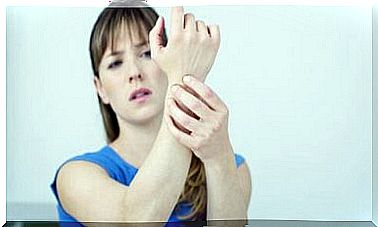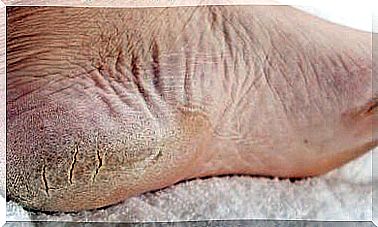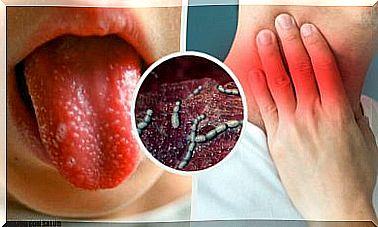14 Reasons For Bleeding Gums After Brushing Your Teeth
Occasionally bleeding gums can occur, but if this becomes the norm, you should definitely see a dentist who can make a correct diagnosis.
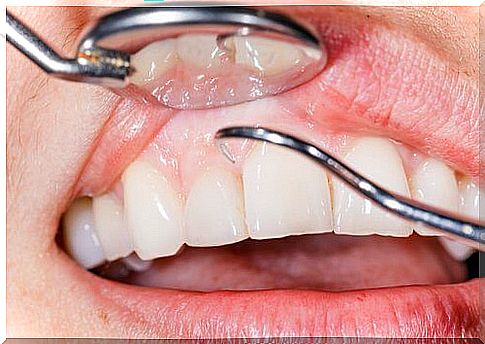
Bleeding gums are usually the result of an inflammatory disease that can occur at any time. There are various causes for this, one of the most common is incorrect dental hygiene.
Many bacteria and pathogens accumulate in the mouth, so the following things should be observed:
- The toothbrush needs to be replaced regularly.
- Use dental floss to remove any debris between your teeth.
- Visit your dentist at least twice a year!
Bleeding gums should not be dismissed as unimportant. If you suffer from it, you should definitely make an appointment with the dentist!
This is because this symptom indicates that there is an illness that may need treatment.
Healthy gums don’t bleed. If you don’t investigate, you could lose a tooth!
Then you will find various causes that can trigger bleeding gums:
1. Gingivitis
Gingivitis is a common inflammation of the gums, in which the gums react with bleeding gums, swelling, and redness.
The cause of this are metabolic end products of bacteria, which lead to dental plaque.
- The best prevention is therefore proper oral hygiene.
2. Vitamin K deficiency
Vitamin K deficiency can also lead to bleeding gums. Because this vitamin is fundamental for the correct functioning of proteins and also plays an important role in blood clotting.
3. Tobacco
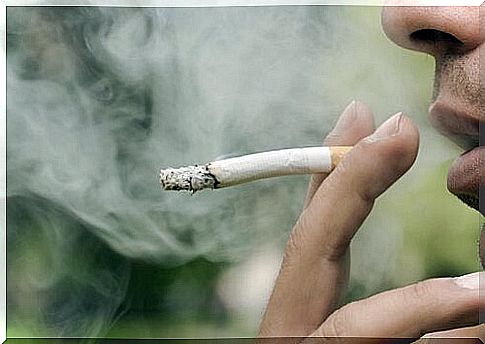
Tobacco use is harmful to teeth and can lead to various ailments in the mouth area.
- If you smoke, you may experience frequent bleeding gums after eating harder foods or brushing your teeth.
If this problem occurs, it could be a sign that more discomfort will arise over time.
4. Age
Bleeding gums become more common with age, which is quite normal. Nevertheless, you should investigate the matter more closely!
5. Diabetes
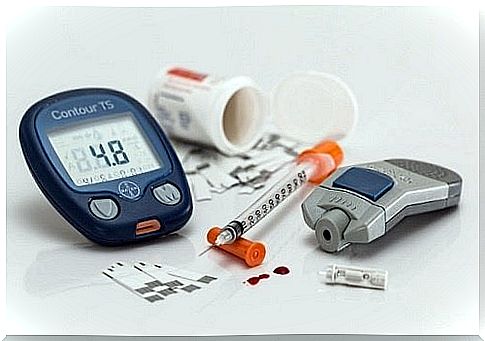
If you have diabetes, bleeding gums are also normal (at least if it stays within limits).
This often happens when you clean your teeth too tightly or with a brush that is too hard.
- Choose a suitable, soft toothbrush and gently clean your teeth. If you have any doubts, seek advice from your dentist.
6. Bad diet
If there is a lack of nutrients, for example if there is insufficient vitamin A, B or C, the gums can weaken and the gums may bleed as a result.
A balanced and varied diet is therefore very important. Perhaps you can improve a few things in your nutrition plan and include more fresh fruits and vegetables?
7. Medicines

Patients with chronic diseases who require constant medication are also at greater risk of bleeding gums.
This often causes harmful bacteria to multiply faster because the drugs reduce the flow of saliva.
- If you are on medication and your gums are bleeding, ask your dentist whether or not there may be a connection.
- If so, your doctor may be able to prescribe other medicines for you. If the treatment is only brief, the bleeding gums will stop afterwards.
8. Stress
Incredible but true: Stress can also weaken the gums. This can lead to bleeding gums and the immune system is weakened.
It’s best to look for alternatives to cope better with stress and to be able to recover when you reach your limits.
9. Missing teeth
If a tooth is missing, biting can lead to a malalignment, which wears out the teeth and also affects the gums. This can lead to bleeding of the gums.
If this is the case for you , a visit to the dentist is due to resolve the problem by inserting a new tooth.
10. Weak immune system
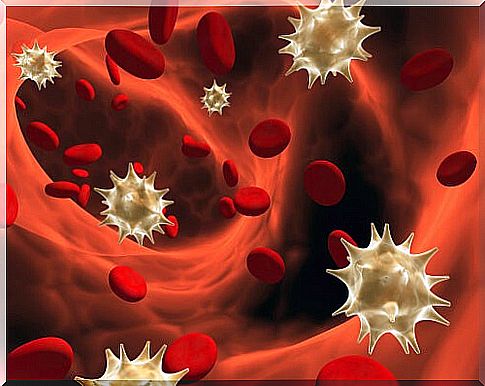
When the immune system does not work properly, the risk of various diseases increases.
- This can lead to bleeding in the gums. One possible reason for this is anemia, for example , because harmful bacteria then multiply more quickly.
11. No check-ups at the dentist
If dental and oral health are not checked regularly, potential problems are often discovered late.
- Regular teeth cleaning is very important to remove plaque and keep teeth healthy!
12. Inflammation in the mouth
Don’t forget that saliva also contains a lot of harmful bacteria that can be transmitted, for example, during a kiss. This can also lead to inflammation of the gums.
13. Pregnancy and bleeding gums
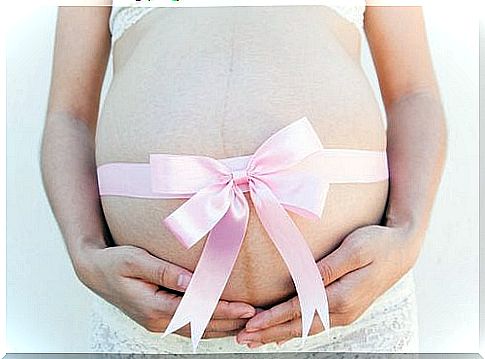
Bleeding gums can also increase during pregnancy. If this is the case for you, seek advice from your doctor.
14. Incorrect dental procedures
If you have bleeding gums after a dental procedure, it may not have been done properly. Aggressive teeth cleaning could also be the cause.
Make an appointment with your dentist or see someone else for a second opinion.


